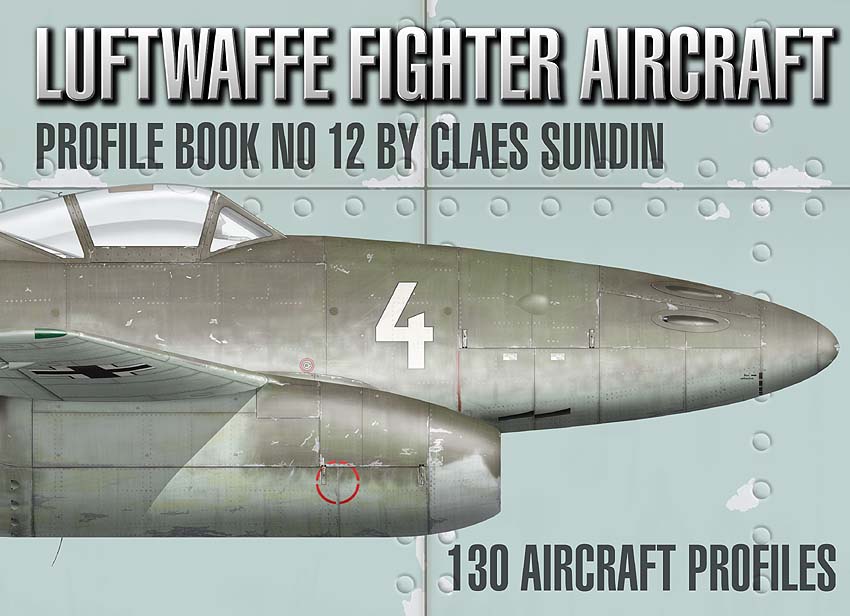


|
During this time the 20 years old Fhr. Hans-Joachim Marseille was much of a infant terrible in the air and on the ground. He soon got an reputation to be much of a rebel, sporting long hair and digging American Jazz music. He would time after time showing irresponsible way of conducting his duties, lacking discipline, tempestuous, temperamental and unruly and a inability to fly as a wingman. Fellow pilots also voiced their dissatisfaction concerning Marseille. Because of this alienation of other pilots, his arrogant and unapologetic nature together with an overt "playboy" lifestyle. Marseille was extremely handsome and had girlfriends everywhere which kept him so busy that he was sometimes so worn out that he had to be grounded and. At the same time Marseille wasacnowlegde as a very talented pilot and was known to have graduated with an outstanding evaluation from flight school, would eventually score seven abschüsse during the Battle of Britain. His first was claimed in his first dogfight, on 24 August 1940. This day Marseille was fighting in a four-minute battle with a skilled RAF pilot, and finally outmaneuvered his opponent by pulling up into a tight steep climbing turn to gain an altitude advantage before diving and firing. The British fighter was struck in the engine, pitched over and dived into the Chanel. Marseille was then engaged from above by a number of RAF fighters. By pushing his aircraft into a steep dive, then pulling up meters above the water, he manage to escaped from the enemy fire. However this act was not praised by his unit on his return. Instead he was reprimanded as he had abandoned his wingman, and his Staffel to engage the opponent alone. In so doing, Marseille had violated a basic rule of air combat. Marseille did not take any pleasure in this victory and found it difficult to accept the realities of aerial combat and wrote in his diary "Today I shot down my first opponent. It does not sit well with me. I keep thinking how the mother of this young man must feel when she gets the news of her son's death. And I am to blame for this death. I am sad, instead of being happy about the first victory." On this day, 28 September Marseille claimed his 7th aerial victory but had to crash land near Théville due to engine failure. Tired of all the problems surrounding this troublesome pilot the Kommandeur Herbert Ihlefeld eventually dismissed Marseille from LG 2 and he was sent to JG 52. Here flying alongside pilots like Johannes Steinhoff and Gerhard Barkhorn Marseille mange to write off four aircraft in a short period of time. Steinhoff known as a very demanded commander soon sent him packing and on 24 December Marseille was transferred once more, this time to JG 27. Here the Gruppenkommandeur of I./JG 27 Eduard Neumann quickly recognised Marseille's potential as a fighter pilot and took him under his wings. As one pilot in the Gruppe later comment (after Hans-Joachim Marseille had emerged as the "Star of Atrica") on his very special status: "that he could expect to be forgiven for everything even get away with murder as he was good for the morale". Note the Bombrack under the fuselage, Note also the the black circle and white cross, Gruppen markings for the elité I(J)/LG 2 behind the fuselage cross. |

|
|
|
|
|
|